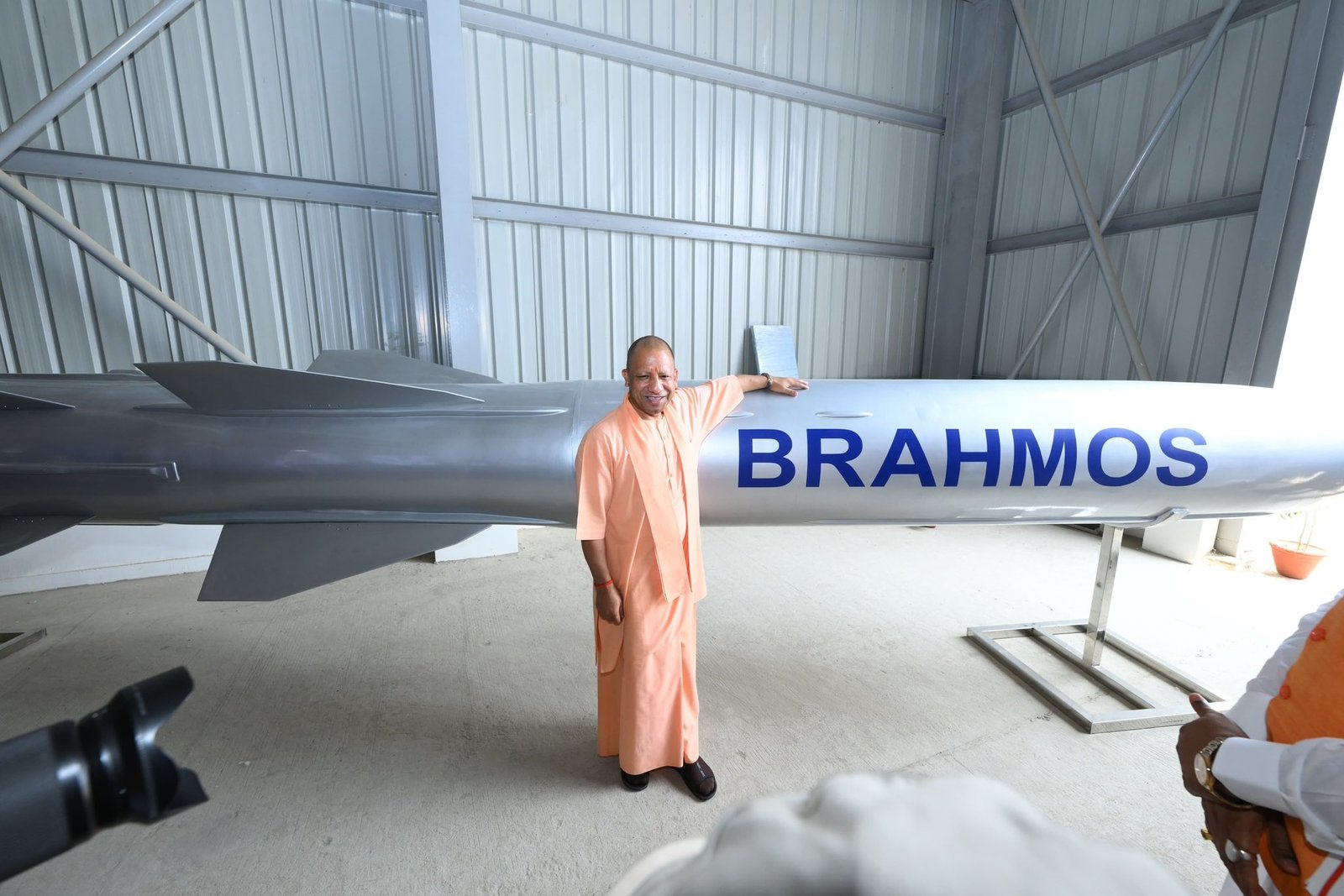
India opens new BrahMos missile plant in Lucknow
India has opened a new BrahMos missile manufacturing facility in Lucknow, the capital of Uttar Pradesh, on 11 May.
The facility will produce 80 to 100 supersonic cruise missiles annually, including the BrahMos-NG (Next Generation) variant.
Built at a cost of Rs 300 crore (approximately $36 million), the plant was inaugurated virtually by Defense Minister Rajnath Singh and is positioned within the Uttar Pradesh Defence Industrial Corridor (UP DIC).
The plant will handle not only missile assembly but also testing, integration, and the production of aerospace-grade materials.
In a statement, the Ministry of Defence said the facility “represents India’s commitment to self-reliant defence manufacturing.” The BrahMos missile, developed through a joint venture between India’s DRDO and Russia’s NPO Mashinostroyenia, is capable of being launched from land, sea, or air and reaches speeds of Mach 2.8 with a range of up to 400 km.
“This is not just a weapon; it is a message in itself – a message of the strength of our armed forces, a message of deterrence to our adversaries, and a message of our unwavering commitment to safeguarding our borders,” Singh said during the virtual launch, alluding to Pakistan and China without naming them.
The launch of the BrahMos Manufacturing Centre comes amid renewed border tensions with both countries. India and Pakistan remain at odds following a deadly attack in Kashmir, which New Delhi attributed to militants based in Pakistan. Meanwhile, tensions with China persist along the Himalayan frontier, fueled by increased Chinese arms sales to Islamabad and ongoing military posturing.
Ajey Lele, deputy director of the Manohar Parrikar Institute for Defence Studies and Analyses, said the BrahMos system provides India with an edge due to its high speed and precision. He added that the joint venture has proven to be “a pretty successful project” in terms of technology sharing and strategic value.
The Indian government holds a 50.5 percent stake in BrahMos Aerospace, with Russia owning the remaining 49.5 percent.


